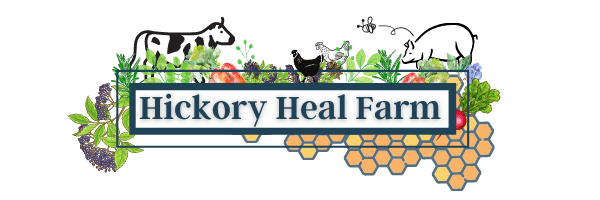The Ayurvedic name for Holy Basil is Tulsi, meaning The Incomparable One. Tulsi, or Holy Basil, has been used for thousands of years in Ayurveda for its powerful and numerous therapeutic properties. Holy basil has long been a sacred plant in India, cherished for its many medicinal uses and calming, uplifting nature. It is my absolute favorite. Well right with Lemon Balm. In the past decade, it has gained herbal popularity in the West, as a tasty beverage tea, the leaves and flowers are a remedy for colds, flu, sinus infections, anxiety, depression, allergies, asthma, coughs, cardiovascular disease, poor memory, and lack of concentration. I see Tulsi as a blend of Elder and Lemon Balm in one plant. I have had great success growing the temperate sp. I love tasting the powerful mint flavor and enjoy its zing. The smell overwhelms the garden path at the gate. It calls to me and I listen. I stop and breath and I pause. The scent is of heaven, no doubt!
Every home needs Tulsi.
Edible Parts: Leaves and flowers
Medicinal Parts: Leaves and flowers
Preparations: Infusion, tincture, pesto, medicated ghee, infused oil, and vinegar.
Herbal Actions: Adaptogen, antioxidant, antidepressant, anxiolytic, antibacterial, antifungal, antiprotozoal, antiviral, carminative, diuretic, expectorant, galactagogue, anticatarrhal, immunomodulator, anti-inflammatory, hypotensive, antimutagenic, hypoglycemic, hypocholesterolemic, and radioprotective.
Sweet, Warm/Dry, Cool/Moist
Uses: respiratory, blood pressure, cholesterol, headaches, earaches, skin issues, insect bites, stomach cramps, digestion issues and so much more!
Dried 8oz, $12.50
Precautions and Contraindications: Avoid in pregnancy or if trying to conceive. Holy basil may modify blood sugar regulation so Diabetics will need to monitor blood sugar levels.

















Reviews
There are no reviews yet.